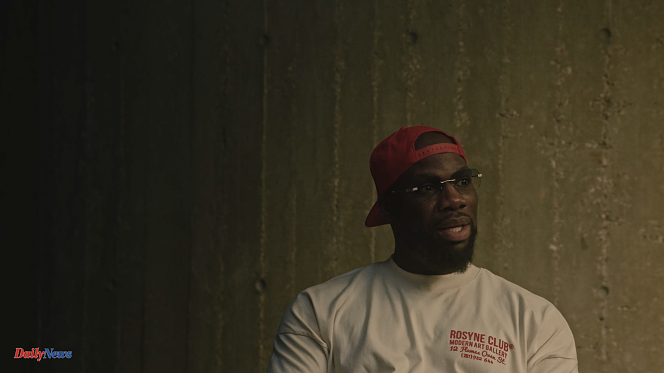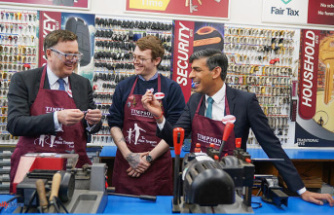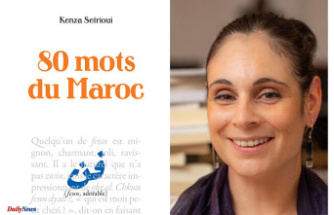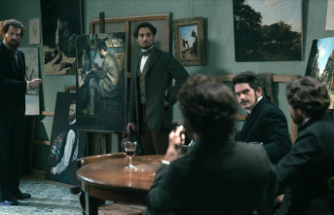A new documentary series on French or American rap is now commonplace since this music has set sales and listening records online. Since the broadcast on Arte in 1999 of Je rap therefore je suis, by Philippe Roizès, the historical or societal angle has often been favored.
This is also somewhat the case with 20 pigs. The 2 golden ages of French rap, broadcast on MTV from Saturday March 16. It is, in fact, for the director Lionel Hirlé (former clip artist rewarded for the videos of Booba or Jain within the duo Greg
The director and the author avoid several pitfalls: rehashing the same story with archives already seen and reviewed; focus only on Paris; insist on the importance of the texts; “invisibilise” essential players in this music, those who compose it, the beatmakers, and a good half of the public who listen to it: women!
Parity not yet set
From the first episode, Rap, a musical revolution, the floor is given to the beatmakers. Thanks to painstaking work by librarians and cinematographic research on the silent films of Charlie Chaplin (Charlot fait du cinéma, 1914), Buster Keaton (Le Mécano de la Générale, 1926) and Fritz Lang (Metropolis, 1927), Lionel Hirlé manages to make the very technical but essential part of rap music digestible and fun.
This will be his graphic charter throughout the five episodes, which will allow him to brilliantly support the words of his interlocutors and the strolls at Le Panier or at Castellane in Marseille, and on the football fields of Bondy. To illustrate rapper Le Juiice's frank statement ("The problem with our communities is misogyny. Women's place is in the kitchen, that's all"), he uses an excerpt from Battleship Potemkin (1925), by Eisenstein.
In this series, parity is not yet in place, but the six speakers, including Narjes Bahhar, Lady Laistee or Bintily, out of the thirty in the documentary (including the rappers Arsenik, Soprano, Alonzo or Bigflo and Oli), are so many journalists, artists and young enthusiasts who also brought this music to which Lionel Hirlé and Fif Tobossi do justice.












